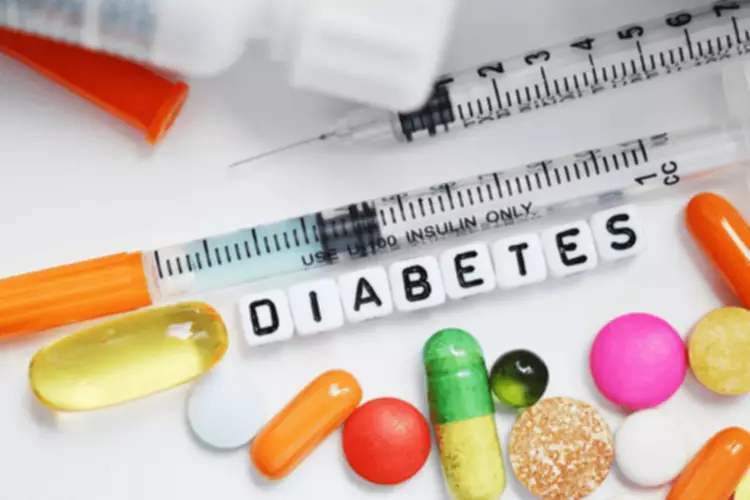
Drug and alcohol detox centers are recommended as part of a comprehensive, individualized addiction recovery plan. Detox is an important first step in recovery, and substance abuse detoxification services help individuals safely eliminate drugs and alcohol from their bodies. Inpatient treatment programs allow the person https://ecosoberhouse.com/ to receive rehab in a setting that is free from temptations and distractions. The medical team will develop an individualized treatment plan that will help the person overcome the physical and psychological effects of their substance use disorder. The plan will generally involve therapy and medication when appropriate.
You deserve excellent care and a rewarding life in recovery.
You might even feel let down and disappointed that something that felt so good turned out to be harmful, and leaving such a big part of your life behind might feel like grieving. The AMA’s position is that substance dependence is a disease, and it encourages physicians and other clinicians, health organizations, and policymakers to base all their activities on this premise. “Pharmacological strategies for detoxification.” British Journal of Clinical Pharmacology, February 2014. It’s important to know if there will be a nurse or staff member available or on call at any time of day.
- While detoxification is not treatment per se, its effectiveness can be measured, in part, by the patient’s continued abstinence.
- Your body must recover from the damage that drugs and alcohol do, as well as from sleep deprivation, sleep disturbance, overstimulation, and other effects of addiction.
- The information we provide is not intended to be a substitute for professional medical advice, diagnosis or treatment.
- A medical detox clears the body of all traces of the substance it has grown dependent on to function normally.
- This option might also seem preferable if you don’t have insurance and can’t pay for a treatment program.
Find Addiction Treatment Programs
If you or a loved one are struggling with addiction, don’t hesitate to seek help. Reach out to a healthcare professional or addiction specialist to explore the detox options available and embark on your path to a healthier, happier future. Sometimes, it takes a lot of time and trial and drug detox error to determine the perfect fit. Partial hospitalization is a higher level of care compared to intensive outpatient treatment. PHP requires more treatment hours each week (on average, 20 hours per week), whereas IOP treatment provides approximately 9 hours of treatment each week.
- You also may not have the option of using medication to make the process easier.
- Medicines don’t cure your opioid addiction, but they can help in your recovery.
- Some substances are too strong to stop cold turkey without supportive medication.
- This is typically a good time to get treatment, which will help you understand why you drank or used drugs in the first place and help set you up for a life without alcohol or drugs.
- For example, delirium tremens is a severe, life-threatening symptom of alcohol withdrawal that involves tremors and disorientation.
- It is usually better to work with a medical professional to develop a drug detox plan and have supervision during the process.
- While most cocaine withdrawal symptoms go away after a week to 10 days, some symptoms may last years.
Why Drug Detox is a Necessary Step in Recovery
However, it can be a crucial first step in the journey to recovery and healing. The taper period varies depending on how long you’ve been using the drug and how much you’ve been taking. You should expect to gradually lower your dose over a period of several weeks or even a few months. American Addiction Centers (AAC) is committed to delivering original, truthful, accurate, unbiased, and medically current information.

Infinite Recovery: Achieving Long-term Addiction Recovery
The evaluation examines the patient’s health, including any pre-existing or existing conditions (i.e., pregnancy, heart disease, diabetes, and mental health). Drug tests estimate the quantity of substances present in the patient’s system. This evaluation step assists professionals in determining whether medication-assisted detoxification is needed. Once detoxification is complete, you’ll likely be considered stable enough to continue on with the remainder of drug rehab treatment.

The treatment provider will file a claim with your insurance company or provide you with the information you need to file the claim yourself. However, these long-term plans must continue throughout the recovery process to encourage positive outcomes for clients. The information learned in detox supports personalized treatment that encourages continuing sobriety. Once drug detoxification is complete, clients can and should move on to residential care or a partial hospitalization program.
What Happens to Your Body During Drug Withdrawal?
Chapter 1 provides a brief historical overview of changes in the perceptions and provision of detoxification services. Finding a drug treatment clinic is often the first step in recovering from a substance abuse disorder. However, gaining insight into the detox process can be a critical step toward progress.
- Visit Psychology Today’s Treatment Center Directory to find a medical detox facility near you.
- In many cases, health insurance can help to pay for detox treatment costs.
- The following gives a glimpse into the options that an individual who is ready to break the addiction cycle has at his or her disposal.
- Whatever the method of delivery, seek immediate medical care after using naloxone.
How to Detox From Drugs and Alcohol

They will develop a personalized addiction treatment plan based on your history and substance usage. They will monitor and respond to withdrawal symptoms after you discontinue alcohol or substance use, until you are stabilized. Once you are stable, they will recommend further education and longer-term support solutions. In a medical detox, physicians supervise a patient’s withdrawal from alcohol or another addictive substance, either on an inpatient or outpatient basis.

Detox for Drugs & Tapering Off
For example, some people with a history of alcohol use disorder (AUD) can experience delirium tremens (DTs) within the first few days of detox. Some symptoms of DTs, like psychosis or seizures, may be severe and require medical attention. Outpatient care, also called ambulatory care, might include medication-assisted withdrawal to make the process easier. If you’re detoxing from opioids, you might get methadone or buprenorphine.
